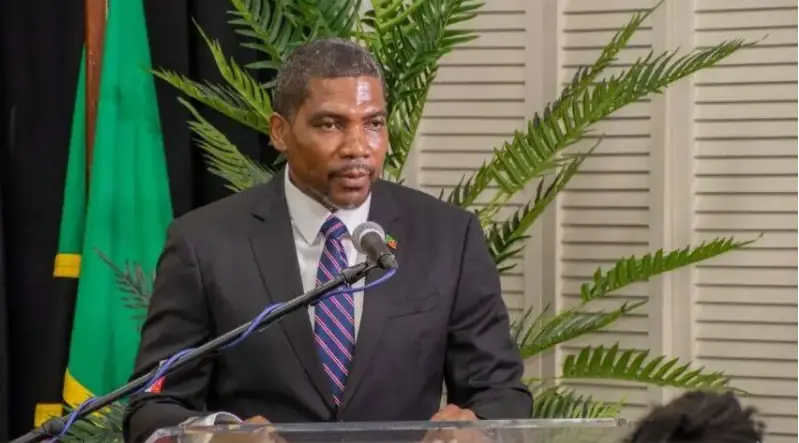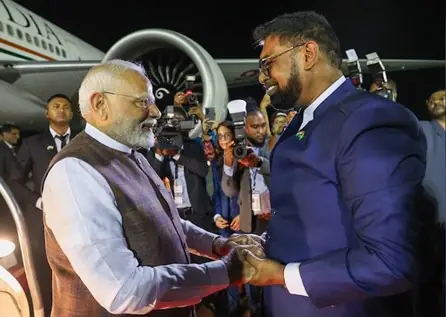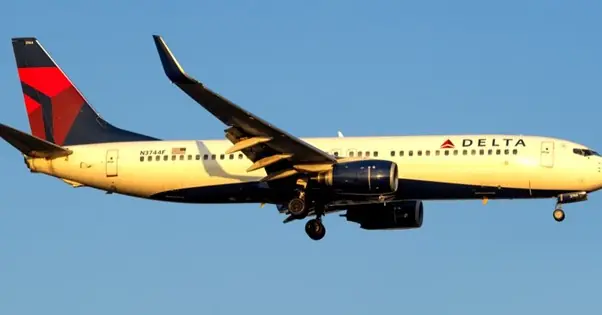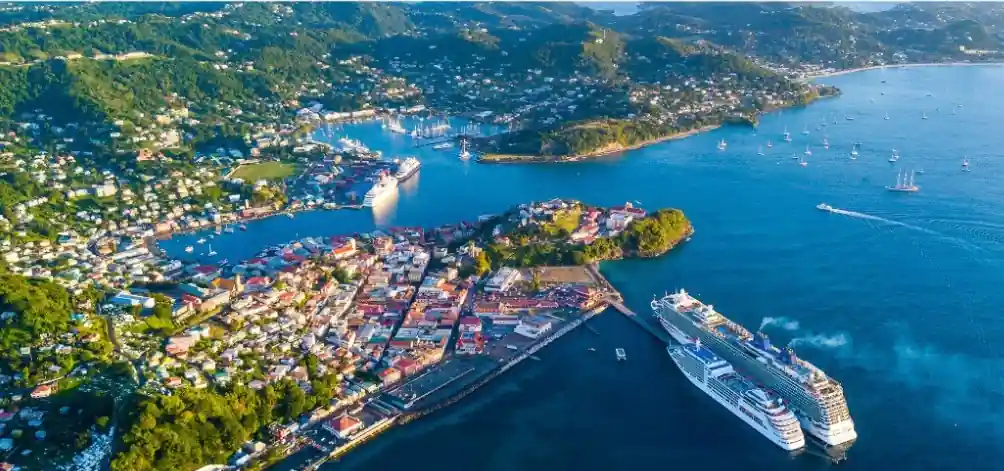Europe: MEP Elena Kountoura addresses TRAN Committee on Social Poverty in Transport Sector
EU transport policies must acquire a strong social character so that the infrastructure and transport systems are adapted to the current needs of all citizens, especially the most vulnerable, emphasized SYRIZA-Progressive Alliance MEP Elena Kountoura in her intervention in the debate of TRAN Committee on Social Poverty in the Transport Sector.
31st of October 2022

Europe: EU transport policies must acquire a strong social character so that the infrastructure and transport systems are adapted to the current needs of all citizens, especially the most vulnerable, emphasized SYRIZA-Progressive Alliance MEP Elena Kountoura in her intervention in the debate of TRAN Committee on Social Poverty in the Transport Sector.
European households are facing unaffordable costs due to the acute energy crisis, the precision wave and high inflation. Particularly in Greece, as the MEP pointed out, at least 50% of the average household budget before the energy crisis was related to food, housing and transport, with an even greater burden today, especially for the weakest financially.
Exposing the current situation, Elena Kountoura asked TRAN the following questions:
• There is an urgent need to direct investment in public transport to make it reliable, safe and, affordable, even free, as the free travel approach is adopted in some countries.
• Mobility policies and services must contribute to the fight against poverty for citizens who cannot afford a vehicle.
• The transition to green mobility must be done in a socially just way, i.e. affordable prices for acquiring new vehicles and mobility technology, especially for the most vulnerable citizens.
Elena Kountoura’s intervention in TRAN:
The wave of precision that has overwhelmed Europe and the energy crisis put our current discussion in a different context, unprecedented for our generation.
Households across Europe are seeing their incomes shrink as the cost of basic necessities becomes unaffordable. Energy, food and transportation threaten the family budgets of workers whose wages are not keeping up with inflation.
I would like to mention some data from Greece which concerns 2021 and will be much more intense in 2022. 22% of the average household budget expenses are for food, 14.7% for housing and 12.7% for transport. These costs correspond to a total of 50% of the budget. These percentages are much higher for the economically weaker, who are disproportionately affected.
Unfortunately, transport costs are largely inelastic because they depend mainly on fuel costs.
For many decades we, as societies, have considered public transport as a second pillar in urban transport systems. Cities were designed and developed with cars in mind in years when men mainly used them to move to their workplaces. And in fact, there is a gender dimension to this problem. So today, we find that this was a mistake. And we see – also with climate change – that this model has created unbearable traffic, air pollution, and huge fuel costs in everyday life in all major European cities.
There is, therefore, an urgent need to direct investment in public transport to make it reliable, comfortable, safe and free. The examples of free or economic means of transport are increasing because the benefits are multiple.
At a similar time, we all need to assess how mobility services can contribute to the fight against poverty for citizens who do not have the possibility of acquiring a vehicle and which population groups are most concerned with this model of mobility. Finally, the transition to green mobility must be done socially just so that the cost remains affordable for our most vulnerable fellow citizens, for whom the car is essential for their social and economic integration.
I am afraid that if the transition is not done in a socially just way, the growth of inequalities will intensify much more sharply, and their mitigation will be even more difficult.
Latest
- Dr Terrance Drew strengthens regional ties with Bahamas, Jamaica and Barbados before CARICOM meeting
-
Grenada announces fuel price increases effective February 18, 2026 -
Guyana’s Linden to Mabura Road Project Nears Completion, Connecting Country to Northern Brazil -
Trinidad: Unidentified man found dead on Uriah Butler Highway in suspected hit-and-run -
Tuberculosis cases reported at Edward P. Yorke High School in Belize City
Related Articles

5th of December 2024

5th of December 2024

4th of December 2024

28th of November 2024

22nd of November 2024

26th of November 2024

24th of November 2024

24th of November 2024
